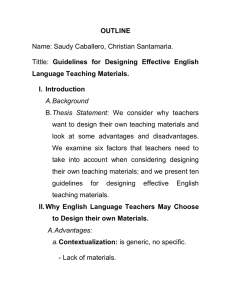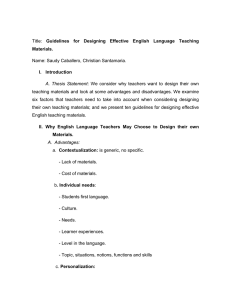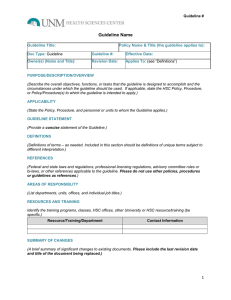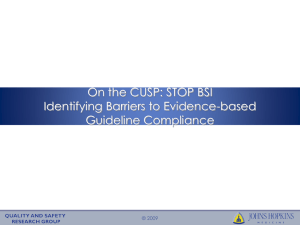Suggested Guidelines for Establishing Ground Rules For Class Discussions
advertisement
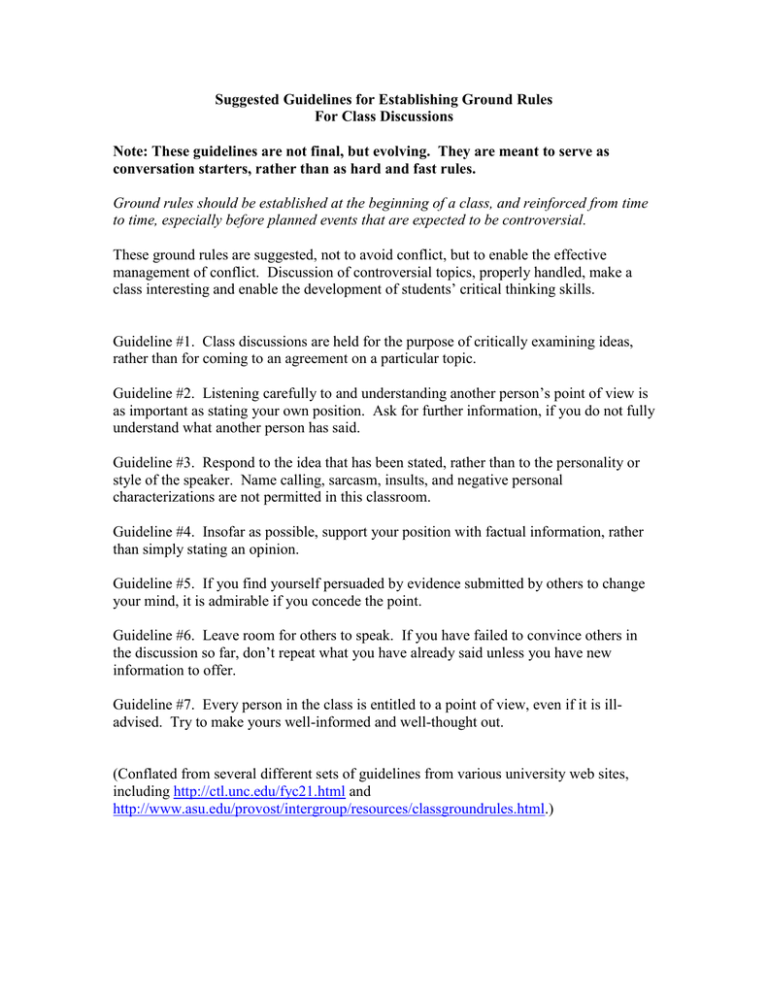
Suggested Guidelines for Establishing Ground Rules For Class Discussions Note: These guidelines are not final, but evolving. They are meant to serve as conversation starters, rather than as hard and fast rules. Ground rules should be established at the beginning of a class, and reinforced from time to time, especially before planned events that are expected to be controversial. These ground rules are suggested, not to avoid conflict, but to enable the effective management of conflict. Discussion of controversial topics, properly handled, make a class interesting and enable the development of students’ critical thinking skills. Guideline #1. Class discussions are held for the purpose of critically examining ideas, rather than for coming to an agreement on a particular topic. Guideline #2. Listening carefully to and understanding another person’s point of view is as important as stating your own position. Ask for further information, if you do not fully understand what another person has said. Guideline #3. Respond to the idea that has been stated, rather than to the personality or style of the speaker. Name calling, sarcasm, insults, and negative personal characterizations are not permitted in this classroom. Guideline #4. Insofar as possible, support your position with factual information, rather than simply stating an opinion. Guideline #5. If you find yourself persuaded by evidence submitted by others to change your mind, it is admirable if you concede the point. Guideline #6. Leave room for others to speak. If you have failed to convince others in the discussion so far, don’t repeat what you have already said unless you have new information to offer. Guideline #7. Every person in the class is entitled to a point of view, even if it is illadvised. Try to make yours well-informed and well-thought out. (Conflated from several different sets of guidelines from various university web sites, including http://ctl.unc.edu/fyc21.html and http://www.asu.edu/provost/intergroup/resources/classgroundrules.html.)

